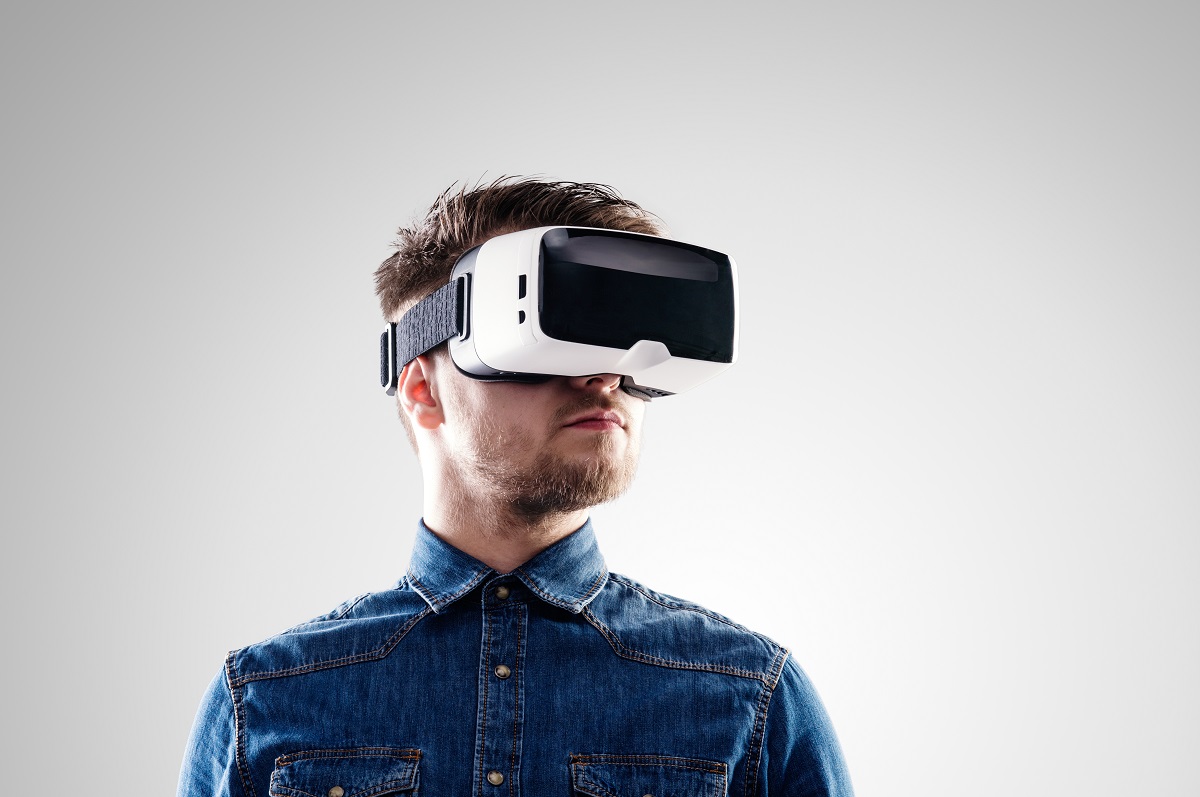
The education sector is rapidly evolving, with schools and universities adopting extended reality (XR) solutions like virtual reality for educational purposes. This is because XR technology hardware and software, such as VR headsets and apps, have been proven effective in increasing student engagement and enhancing classroom learning.
A study by the University of Maryland researchers showed that immersive technologies result in better knowledge retention rates than two-dimensional desktop computers and handheld tablets. The results showed an 8.8% improvement overall in recall accuracy when using VR headsets.
XR solutions, specifically virtual reality (VR), have been especially useful in K-12 education. They are being used to teach future-ready skills, such as the 4 Cs of 21st-century learning—creativity, collaboration, communication, and critical thinking.
In the past, creativity and innovation were viewed as secondary skills in the national curriculum. However, with changes to educational standards, these skills have become a priority as they have been found to cultivate leadership, teamwork, and adaptability.
With the help of VR technology, educators are finding more efficient and effective ways to impart these skills to students. For example, students can create 3-D objects in design classes and render buildings using VR-friendly modeling and design programs like AutoCAD. Such was the case at Moore High School in Oklahoma, where computer science students used VR to create a virtual world for children with special needs to explore.
Teamwork and collaboration offer many benefits in the workplace, including increased productivity, enhanced efficiency, and improved communication. Schools can leverage VR technology and prepare students for future employment by immersing them in virtual scenarios where they must work collaboratively with peers to solve real-life problems.
For instance, at the Cornell School District in Pennsylvania, Project Voyage was launched to allow students to explore virtual environments. The students were sent on a virtual scavenger hunt which required them to find clues and solve puzzles as a team, making the experience more collaborative.
According to a 2018 survey by the Association of American Colleges and Universities, strong oral and written skills are among the top criteria of employers when hiring new workers. VR-supported apps provide opportunities for students to practice their communication skills and even learn a new language. A great example is at the University of Wisconsin-Whitewater, where VR apps are used to help students practice speech delivery in virtual auditoriums and seminar rooms.
Critical thinking is necessary to overcome workplace challenges as it enables workers to make sound judgments and reason effectively. VR technology equips learners with this skill by placing them in virtual scenarios that require them to analyze information and make decisions objectively.
VEDX provides complete VR solutions to schools and universities that help increase knowledge retention and boost student motivation. Using our immersive tools, educators can create a more engaging and effective learning environment.
Learn more about our XR solutions. Contact VEDX today to schedule a free discovery call.
Created By Euphoria XR | Privacy Policy | VEDX Code of Conduct | Sitemap | Contact Us